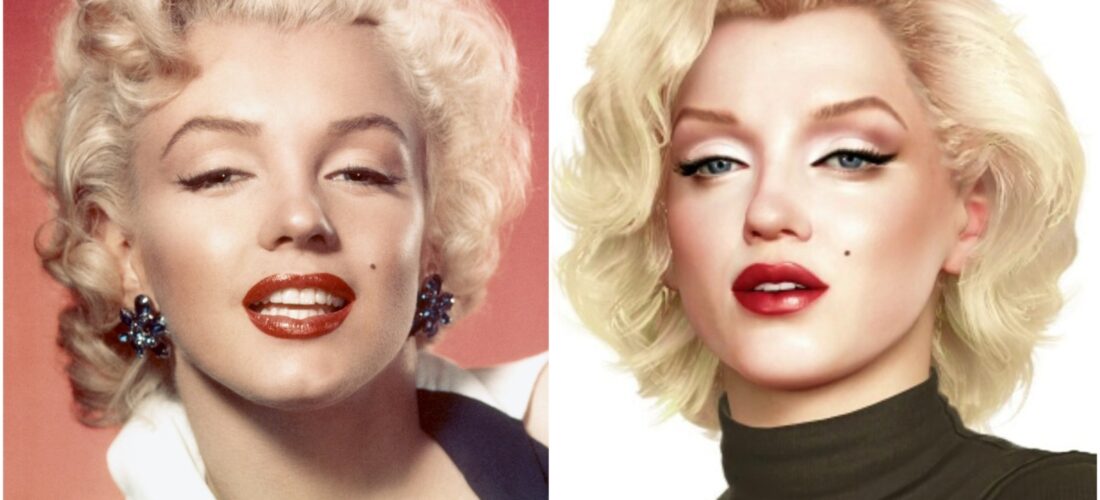AI-Generated Marilyn Monroe Answers Questions in Dead Celebrity’s ‘Voice and Style’
In step with a growing trend of extending celebrity value beyond the grave, Marilyn Monroe has been resurrected as an AI-generated “Digital Marilyn” capable of answering questions in the dead icon’s “signature voice and style.”
Soul Machines, the technology firm behind “AI-powered digital people,” debuted its new project in partnership with Authentic Brands Group on Friday at SXSW in Austin, Texas. According to a press release, the Digital Marilyn “interacts with fans in real-time using advanced natural language processing, deep learning and GPT 3.5.”
Monroe left a majority of her estate to her acting teacher Lee Strasberg, who died in 1982. His second wife, Anna, inherited the Monroe estate and later sold the actress’intellectual property to Authentic for an estimated $20 to $30 million.
Using Soul Machines’ proprietary camera and microphone technology, Digital Marilyn is able to read user emotions, analyze preferences, and tailor her responses accordingly, the company stated. “Digital Marilyn’s advanced machine learning enables her to engage in natural, fluid dialogue, adapting to your questions and interests in real-time,” touted the tech firm, which added the average conversation with one of their digital persons is 20 minutes.
“Digital Marilyn showcases our Biological AI, bringing an iconic personality to life through engaging dialogues and emotional intelligence,” said Greg Cross, CEO and co-founder of Soul Machines, in a statement. “It’s more than nostalgia; it’s a glimpse into the future of immersive interactions.”
The use of AI was a major sticking point in the longest actor’s strike in Hollywood’s history last year as SAG-AFTRA battled with Hollywood studios over the use of AI on actors’ performances — particularly when it came to AI scans of dead performers and terms ofconsent.
AI has also entered the realm of comedy, and in January, an AI-driven special attempted to mimic comic genius George Carlin‘s signature humor, 15 years after his death. George Carlin‘s estate later filed a lawsuit against Dudesy, the company behind the special, for unauthorized use of the comedian’s copyrighted works.
